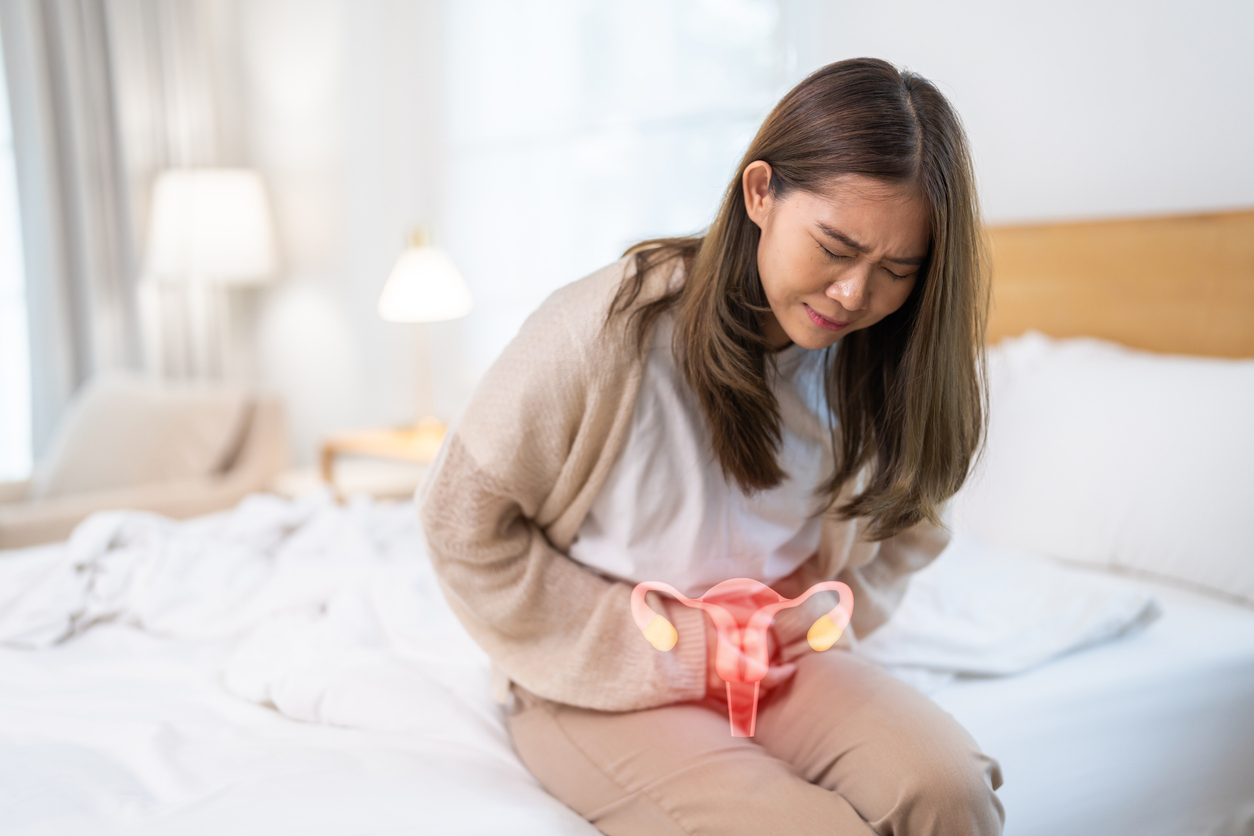What is Early Menopause?
Early menopause refers to the onset of menopause before the age of 40. Menopause, defined as the cessation of menstrual cycles for 12 consecutive months, typically occurs around age 51. However, when this process begins prematurely, it can impact a woman’s overall health and quality of life. Early menopause can result in a range of symptoms associated with decreased estrogen levels, which include hot flashes, mood swings, and vaginal dryness.
What is Primary Ovarian Insufficiency?
Primary ovarian insufficiency (POI) is a condition where the ovaries stop functioning properly before the age of 40, leading to reduced estrogen production and irregular or absent menstrual periods. Unlike menopause, which is a natural and gradual decline in ovarian function, POI can occur suddenly and is often associated with a higher risk of infertility. Women with POI may experience symptoms similar to those of menopause but at a younger age.
Causes
The causes of early menopause and POI can be diverse and multifactorial:
- Genetic Factors: Some women have a genetic predisposition to early menopause or POI. Conditions like Turner syndrome, fragile X syndrome, and family history of early menopause can play a role.
- Autoimmune Disorders: Autoimmune conditions can lead to the immune system mistakenly attacking ovarian tissue, impairing ovarian function.
- Chemotherapy and Radiation: Cancer treatments that involve chemotherapy or radiation can damage the ovaries and induce early menopause or POI.
- Surgical Intervention: Removal of the ovaries, either for medical reasons or as part of a hysterectomy, can lead to immediate menopause.
- Idiopathic: In many cases, the exact cause of POI or early menopause is unknown.
Symptoms
The symptoms of early menopause and POI mirror those of typical menopause but occur at a younger age:
- Hot Flashes: Sudden feelings of warmth, often accompanied by sweating and redness.
- Night Sweats: Excessive sweating during the night that disrupts sleep.
- Irregular Periods: Abnormal or absent menstrual cycles.
- Vaginal Dryness: Discomfort or dryness in the vaginal area.
- Mood Swings: Changes in mood, including irritability and depression.
- Decreased Libido: Reduced interest in sexual activity.
- Infertility: Difficulty conceiving due to reduced ovarian function.
Risks
Early menopause and POI pose several long-term health risks:
- Osteoporosis: Lower estrogen levels can lead to bone density loss, increasing the risk of fractures.
- Cardiovascular Disease: Estrogen plays a protective role in heart health, and its decline can increase the risk of cardiovascular issues.
- Cognitive Changes: Some women may experience memory problems or cognitive decline due to hormonal changes.
- Infertility: Reduced ovarian function can significantly impact a woman’s ability to conceive.
Diagnosis & Prognosis
Diagnosing early menopause or POI involves a combination of clinical evaluation and laboratory tests:
- Medical History: A detailed history of menstrual cycles, family history, and any symptoms is crucial.
- Hormone Levels: Blood tests measuring follicle-stimulating hormone (FSH), estrogen, and other hormones can indicate ovarian function.
- Genetic Testing: In cases where a genetic cause is suspected, testing may be used to identify underlying conditions.
- Imaging: Ultrasound or other imaging techniques may be used to assess ovarian structure and function.
The prognosis for women with POI varies. While some may experience a spontaneous return of ovarian function, most will require ongoing management for symptoms and long-term health risks.
Treatment Options and Specialty Care
Management of early menopause and POI focuses on symptom relief and addressing long-term health risks:
- Hormone Replacement Therapy (HRT): Estrogen and progestin therapy can alleviate symptoms and protect bone health. HRT may be tailored to individual needs based on age and health profile.
- Bone Health Management: Medications and lifestyle changes to improve bone density, such as calcium and vitamin D supplements, weight-bearing exercises, and medications like bisphosphonates.
- Vaginal Estrogen: Localized treatment for vaginal dryness and discomfort.
- Fertility Treatment: Options such as in vitro fertilization (IVF) with donor eggs can help women with POI who wish to conceive.
- Psychological Support: Counseling or support groups can help manage emotional and psychological impacts.
Women with early menopause or POI benefit from a multidisciplinary approach:
- Endocrinologists: Specialists in hormone-related conditions can manage hormone replacement and overall endocrine health.
- Gynecologists: Provide comprehensive reproductive health care, including management of menstrual irregularities and infertility treatments.
- Rheumatologists: If autoimmune conditions are involved, a rheumatologist may be necessary for management.
- Bone Specialists: Orthopedic or rheumatology specialists can address bone health concerns.
- Psychiatrists or Psychologists: Support for mental health issues related to early menopause or POI can be crucial.










